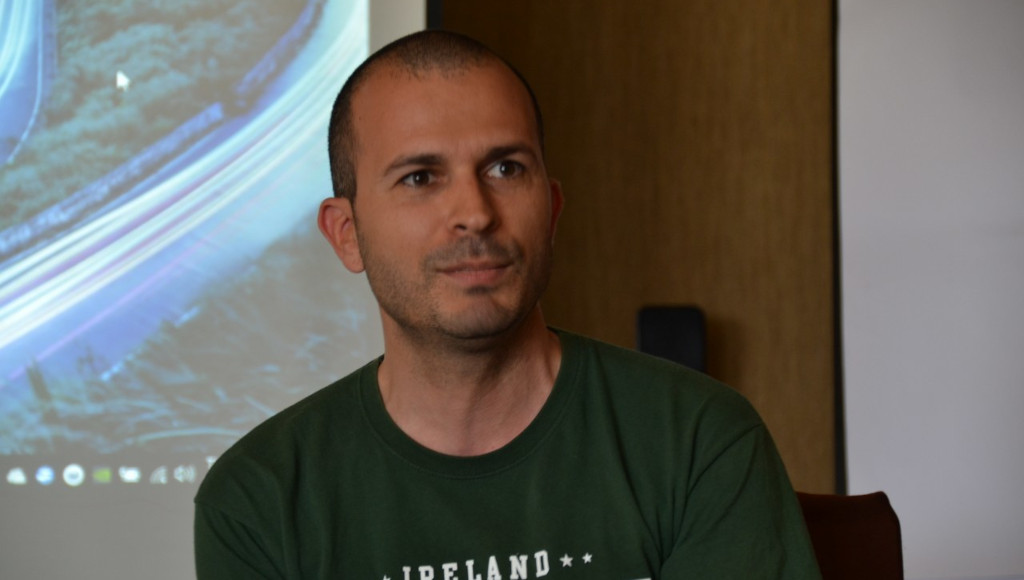Turkey’s new terrorism financing law, which entered into force on December 31, 2020, has been used to criminalize the activities of many civil society organizations, said Kerem Dikmen from KAOS GL, one of the oldest LGBT rights groups in Turkey, the Stockholm Center for Freedom reported.
In an interview with the Bianet news website, Dikmen said the new law prevented many human rights organizations and NGOs from conducting their activities. “According to the government, human rights groups are toxic,” he said. “The government believes their activities are essentially criminal and that these organizations need to be constantly under surveillance.”
The new law, which was criticized by international organizations and rights groups, is an amendment to the Law on Associations (No. 2860) and the Law on Aid Collection (No. 5253).
The Venice Commission, the Council of Europe’s advisory body on constitutional matters, earlier said Turkey’s new terrorism financing law goes beyond the stated intention and negatively affects civil society by further tightening the government’s control over its activities.
According to Dikmen the law has opened the way for the government to increase its supervision. “The governing boards of organizations have to meet on online platforms and save their notes and decisions in online databases,” he said. “But these platforms need to be approved by the Information and Communications Technologies Authority (BTK).”
Dikmen said this clearly showed the Interior Ministry was trying to obtain the content of the meetings as well as the decisions that were taken. He added that many human rights activists were accused of terrorist activities and arrested for their activist work.
Dikmen also emphasized that the new law introduced a “risk analysis” system, whereby organizations would be assessed to determine if they posed a high risk of terrorist activities.
“The law gives us no information on how the risk will be assessed,” he said. “What are the criteria? Who will determine these criteria and according to what standard?”
Dikmen pointed out that the law did not exclude human rights groups or LGTB groups in risk assessment. “Of course the law would not state such an exclusion, but as human rights groups we need to be ensured that the government will not criminalize our activities,” he said.
He added that LGBT groups in particular were suffering from the law as members were detained during demonstrations and government officials targeted them in public statements. Even using the rainbow flag and other symbols has been enough for a person to be detained.
LGBT organizations have already been subject to heavy monitoring by government agencies. They do not operate on a membership basis, and close monitoring would make it nearly impossible for them to operate properly, said Dikmen.
According to the 2021 Rainbow Europe Map published by the International Lesbian, Gay, Bisexual, Trans and Intersex Association (ILGA)-Europe, Turkey was ranked 48th among 49 countries as regards the human rights of LGBT people.
Interior Minister Süleyman Soylu praised Turkey’s actions against the LGBT community last week, saying the LGBT community had corrupted the society and that as a Muslim state they would not allow such perversity.
